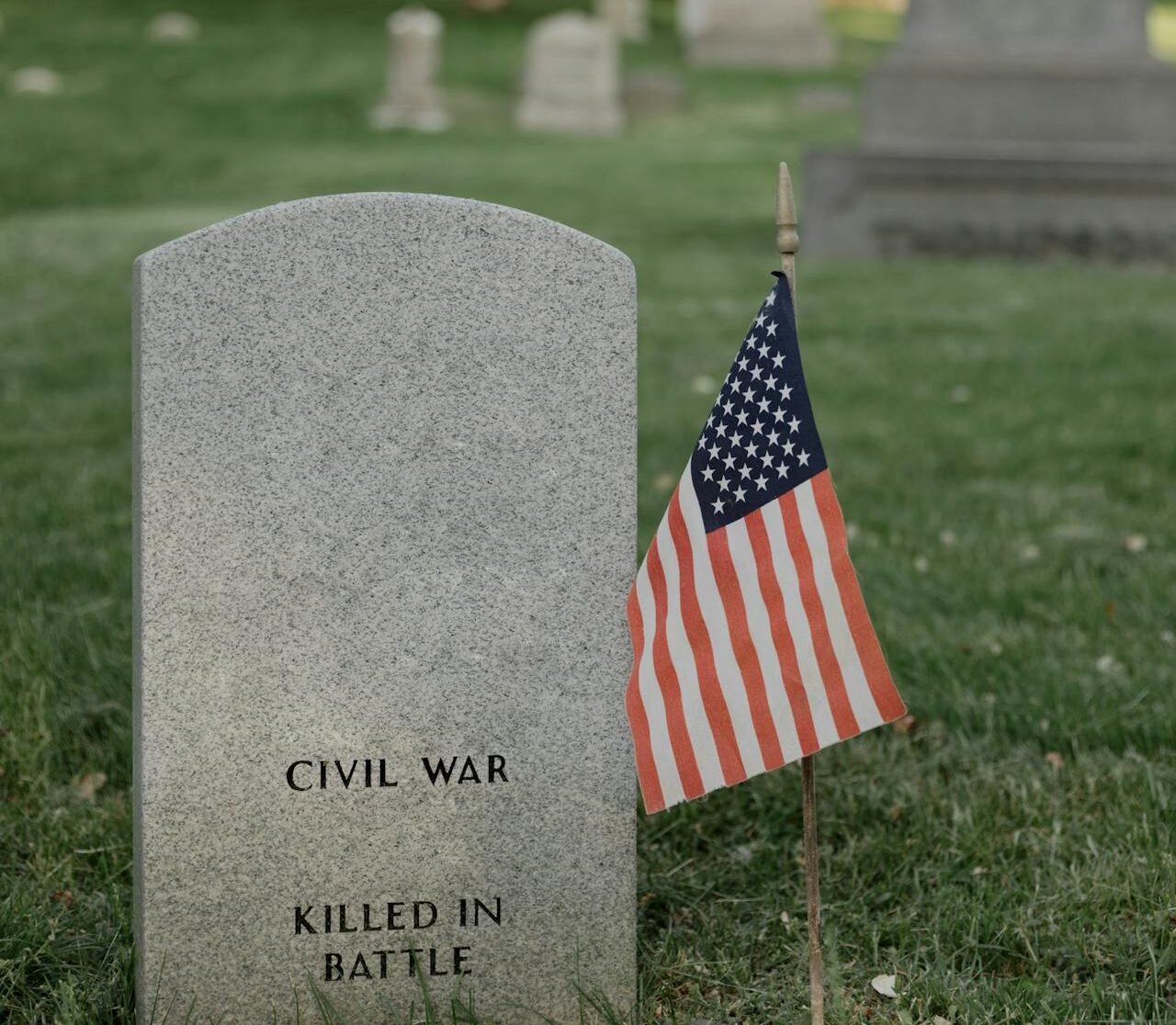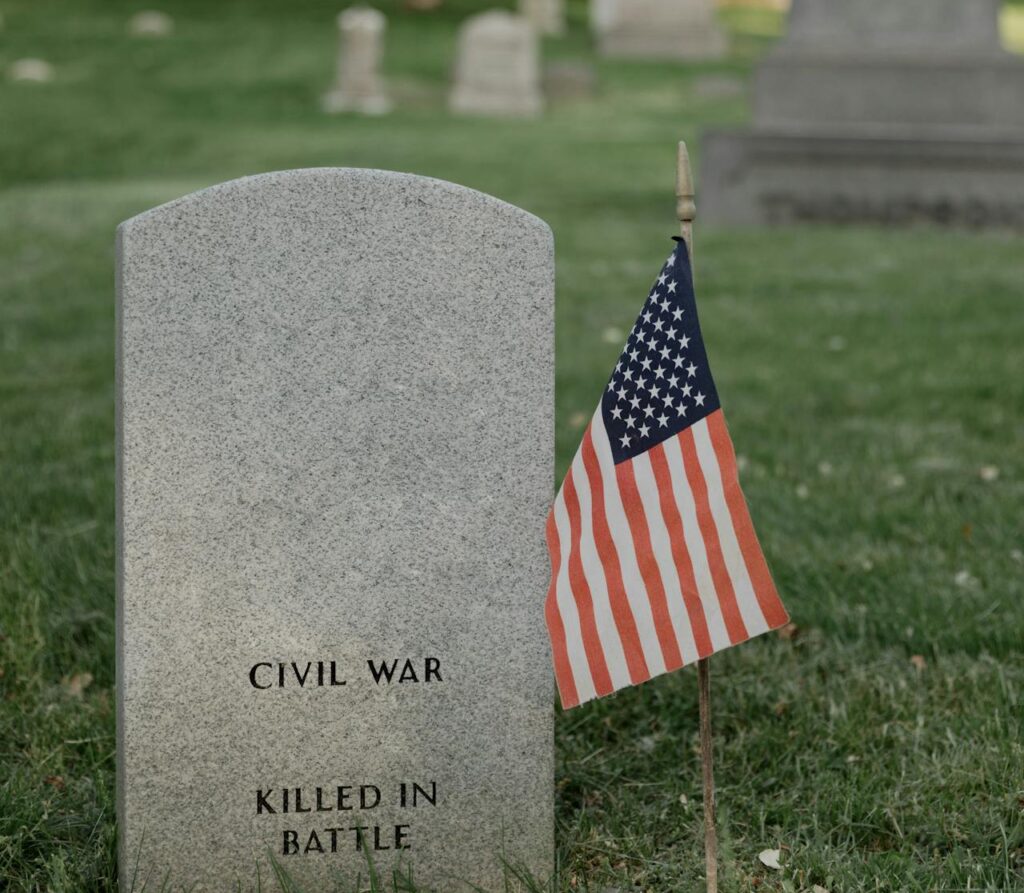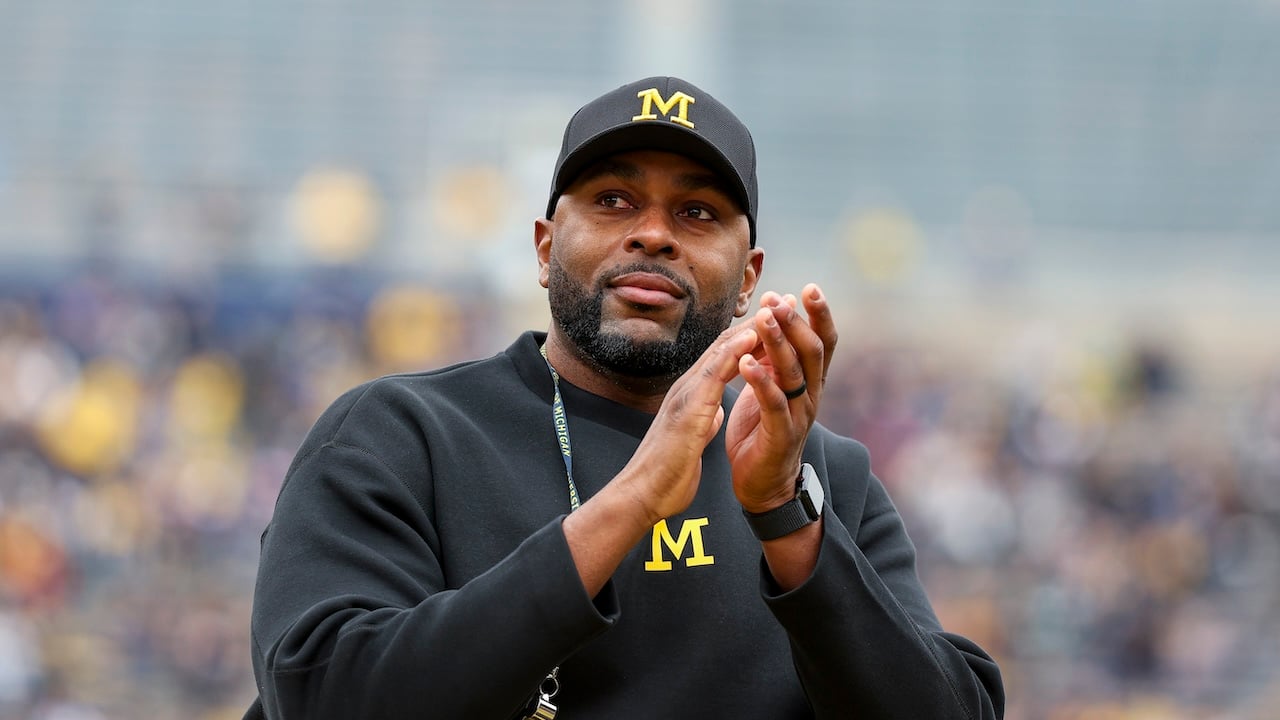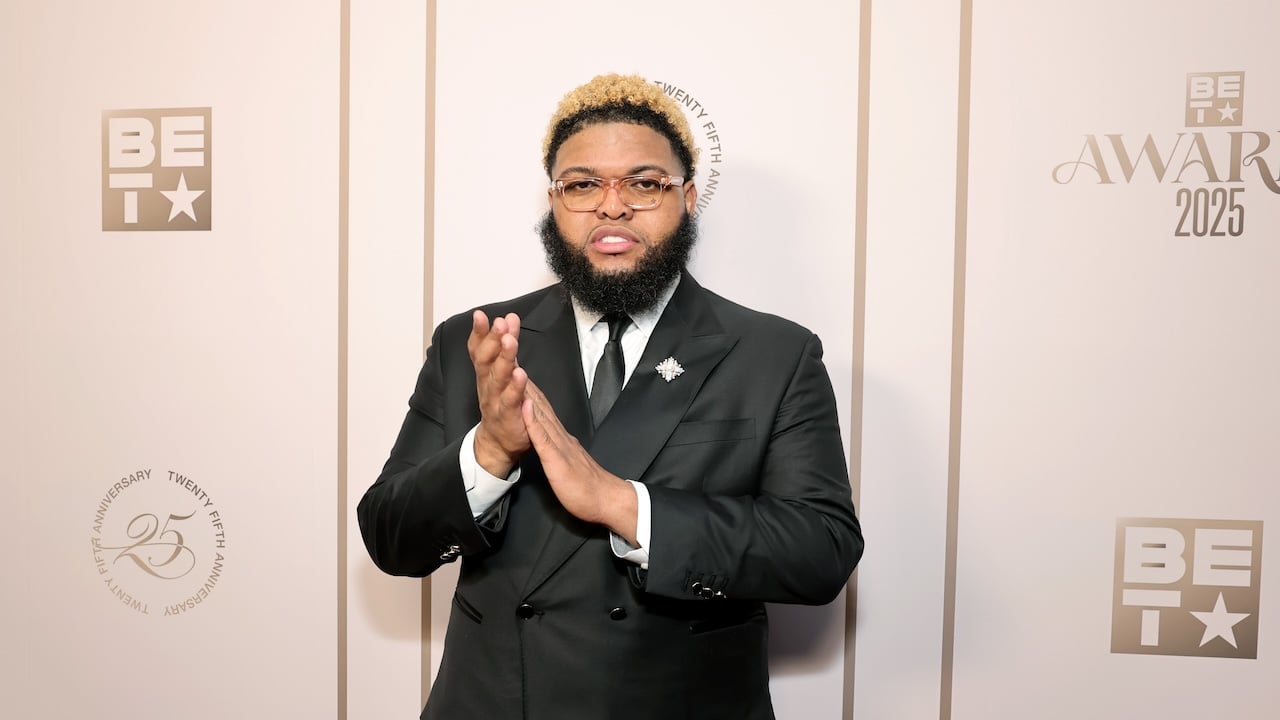
May 26, 2025
One of the earliest known celebrations of Memorial Day can be traced back to formerly enslaved persons and white missionaries in Charleston, South Carolina.
One of the earliest known celebrations of Memorial Day can be traced back to formerly enslaved persons and white missionaries in Charleston, South Carolina.
On May 1, 1865, according to reports in The New York Tribune and The Charleston Courier, 3,000 Black schoolchildren carried bouquets of flowers and sang “John Brown’s Body” while members of the 54th Massachusetts Regiment and other Black Union regiments performed double time marches and Black ministers recited verses from the Bible.
In 1996, David Blight, a Harvard researcher, attempted to verify news reports, but when he contacted the Avery Institute of Afro-American History and Culture at the College of Charleston, he was told he hadn’t actually read the very accounts he had just uncovered, according to History.
[embedded content]
“’I’ve never heard of it,’ they told me,” Blight recounted. “This never happened.”
He continued, “This was a story that had really been suppressed both in the local memory and certainly the national memory. But nobody who had witnessed it could ever have forgotten it.”
Blight’s suspicions were confirmed when after a talk he gave at the Smithsonian National Museum of American History in 2001 regarding his book, “Race and Reunion: The Civil War in American Memory,” an older Black woman approached him to discuss his lecture.
“You mean that story is true?” the woman asked him. “I grew up in Charleston, and my granddaddy used to tell us this story of a parade at the old race track, and we never knew whether to believe him or not. You mean that’s true?”
History is catching up with Blight, per a report from KVTB7, the U.S. National Park Service now has a webpage that is dedicated to the day, although when the federal government first declared Memorial Day a holiday, it ignored the celebration prominently featuring Black Americans.
Regardless of which origin story the United States government chose to honor, for the Black veterans of the Civil War, it became a lifelong tradition to honor fallen compatriots, fellow soldiers of the War Between the States.
According to the U.S. National Park Service, the story of one Black soldier, Joseph Clovese, illustrates this point.
“Joseph Clovese was born into slavery on a Louisiana plantation in January 1844. He fled in 1862, serving as an infantryman in the 63rd United States Colored Infantry. Clovese was one of only six members of the G.A.R. healthy enough to attend the organization’s final reunion in 1949,” the entry states.
Today, the holiday has expanded to honor those who have died while in service across all wars, but the genesis of the holiday was the Civil War, which Blight says gave that original celebration additional gravitas.
“It’s the fact that this occurred in Charleston at a cemetery site for the Union dead in a city where the Civil war had begun,” Blight, explained to History, “and that it was organized and done by African American former slaves is what gives it such poignancy.”
RELATED CONTENT: 7 Sites That Pay Homage To Black Military Soldiers On Memorial Day





